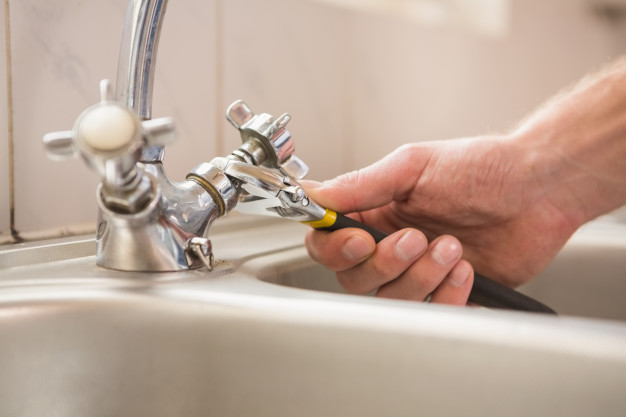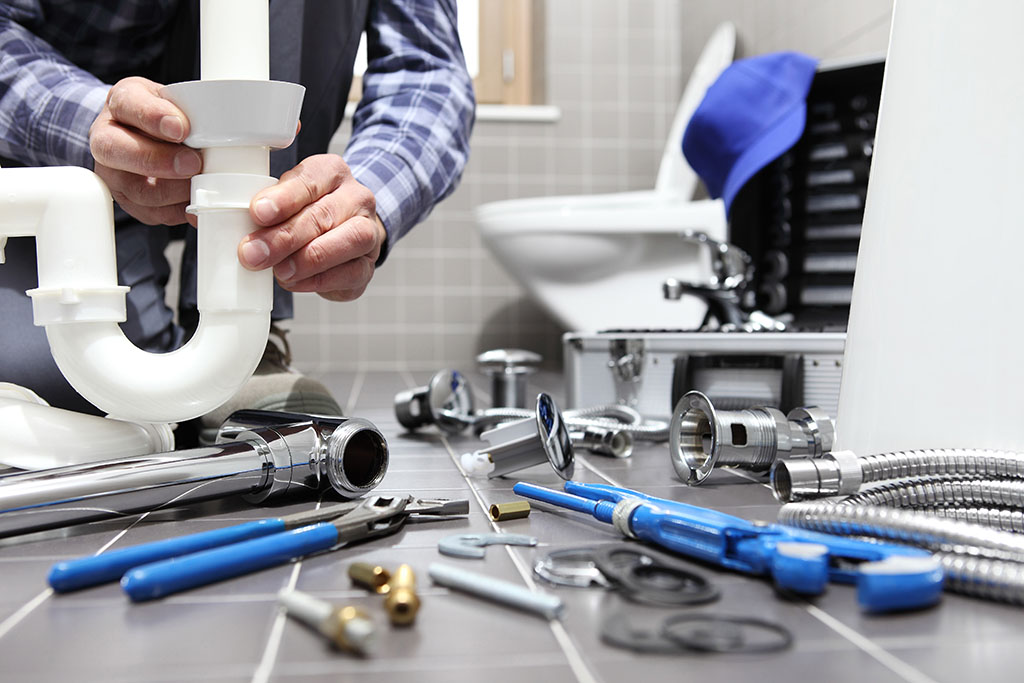Water quality is a vital aspect of our daily lives, impacting everything from health to the efficiency of our household appliances. In Bristol, as in many other places, water quality can be a subject of concern for residents. One particular issue that often arises is the hardness of water. This article explores the concept of water hardness, its implications, and whether investing in a water softener is necessary for Bristol residents.
Understanding Water Hardness
What Is Water Hardness?
Water hardness refers to the mineral content, primarily calcium and magnesium ions, present in your water supply. These minerals naturally find their way into water as it percolates through rock and soil. The more these minerals are present, the harder the water.
Measuring Water Hardness
Water hardness is typically measured in parts per million (ppm) or grains per gallon (gpg) in the United States. Water is categorized into the following levels based on its hardness:
- Soft Water: Less than 60 ppm or 3.5 gpg
- Moderately Hard Water: 61-120 ppm or 3.6-7.0 gpg
- Hard Water: 121-180 ppm or 7.1-10.5 gpg
- Very Hard Water: Over 180 ppm or 10.5 gpg
The Impact of Hard Water
1. Scale Buildup
Hard water can cause scale buildup in pipes, fixtures, and appliances. Over time, this scale accumulation can reduce water flow, decrease appliance efficiency, and lead to costly repairs.
2. Soap Scum and Reduced Lathering
Hard water doesn’t lather easily with soap, resulting in soap scum residue on dishes, glassware, and bathroom surfaces. It can also lead to using more soap for cleaning.
3. Stiff and Faded Laundry
Laundry washed in hard water can feel stiff, look dull, and have a shorter lifespan due to mineral deposits in the fabric.
4. Dry Skin and Hair
The minerals in hard water can strip natural oils from your skin and hair, leading to dryness, irritation, and dullness.
Is a Water Softener Necessary in Bristol?
The Benefits of a Water Softener
Investing in a water softener in Bristol can address the issues associated with hard water and offer several benefits:
1. Appliance Longevity
A water softener can extend the lifespan of your appliances, such as dishwashers, washing machines, and water heaters, by preventing scale buildup.
2. Improved Cleaning
With soft water, cleaning becomes more efficient, and you’ll use less detergent and soap. You can enjoy spotless dishes, cleaner laundry, and a more comfortable shower experience.
3. Energy Savings
Softened water allows appliances like water heaters to operate more efficiently, leading to potential energy savings and lower utility bills.
4. Healthier Skin and Hair
The use of soft water can contribute to healthier skin and hair, reducing dryness and irritation.
Water Softener Considerations
Before installing a water softener in your Bristol home, consider the following factors:
1. Water Hardness Level
Determine the hardness level of your water supply to assess the need for a water softener. You can request a water quality report from your local water provider or use a home water testing kit.
2. Water Usage
Consider your household’s water usage and the size and capacity of the water softener. Choose a system that meets your daily demands.
3. Maintenance
Water softeners require periodic maintenance, including replenishing the salt or resin, cleaning the brine tank, and occasionally servicing the unit. Factor in these maintenance requirements.
4. Environmental Impact
Some individuals are concerned about the environmental impact of water softeners due to the brine discharge. Explore options like salt-free or alternative systems if environmental concerns are a priority.
Recent Water Quality Reports
Recent reports from Bristol Water indicate that while the city’s water supply meets national safety standards, there are still concerns about hard water. Bristol’s water is classified as “hard” to “very hard,” which means it contains high levels of calcium and magnesium. This can lead to scale buildup in pipes and appliances, potentially reducing their lifespan and efficiency.
Health Implications of Hard Water
While hard water is not harmful to health, it can have other effects. For instance, some residents may notice that their skin feels dry and their hair appears dull after washing. This is because hard water can strip away natural oils. Installing a water softener can help alleviate these issues by reducing the hardness of the water, leading to softer skin and shinier hair.
Environmental Impact of Water Softeners
It’s also important to consider the environmental impact of using a water softener. Traditional salt-based water softeners can increase sodium levels in wastewater, which may have downstream effects on local ecosystems. Newer, salt-free softening technologies are available that can mitigate these environmental concerns. These systems use alternative methods to reduce water hardness without adding sodium to the water supply.
Advances in Water Softening Technology
The market for water softening technology has evolved significantly. Modern water softeners are more efficient and user-friendly than ever before. Many models now come with smart technology that allows you to monitor and control the system remotely via a smartphone app. These advancements can help you optimize the performance of your water softener, ensuring that it works effectively while minimizing water and salt usage.
Cost-Benefit Analysis
When considering whether to install a water softener, it’s useful to conduct a cost-benefit analysis. While the initial investment may seem high, the long-term savings on appliance repairs, reduced energy bills, and less frequent need for detergents and soaps can make it a worthwhile investment. Additionally, the potential increase in the lifespan of your plumbing system can further justify the cost.
Professional Consultation
Given the unique water quality issues in Bristol, consulting with a professional plumber can provide personalized advice and solutions. A1 Plumbers Bristol offers comprehensive water testing services to determine the hardness of your water and recommend the best water softening system for your needs. Our experts can help you weigh the pros and cons and make an informed decision.
Conclusion
In Bristol, water quality concerns, particularly water hardness, are not uncommon. Whether you need a water softener depends on your water’s hardness level, personal preferences, and priorities. Installing a water softener can undoubtedly improve the quality of water in your home, extend the life of your appliances, and enhance your overall comfort. However, it’s essential to weigh the benefits against the costs and environmental considerations before making a decision. Ultimately, the choice of whether a water softener is necessary in Bristol is a personal one based on your unique circumstances and priorities.



